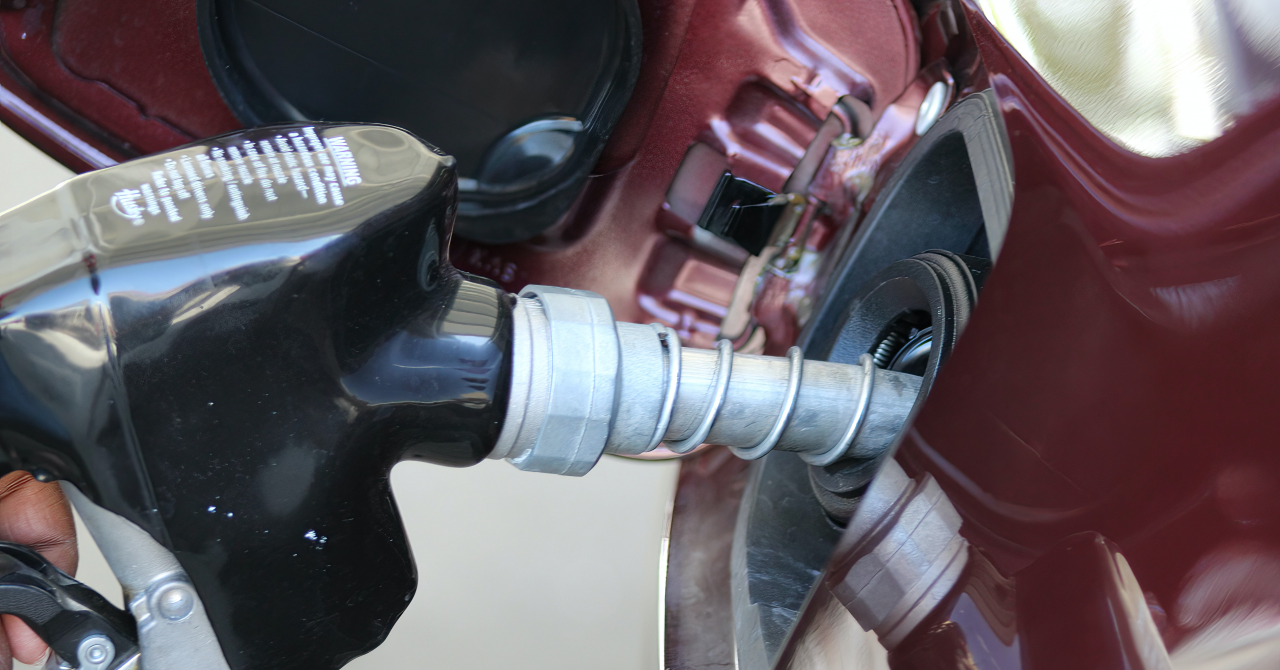According to Reuters, the funding comes as Japan allocated 15.6 billion USD to promote the development of greener and cleaner energy sources to help the country reach carbon neutrality by 2050.
Japan is the world's fifth biggest carbon emission contributor, and this financial effort should allow the country to improve its position as a more sustainable state.
Some of the funded projects include the development of synthetic liquefied fuels that are made by combining hydrogen with carbon dioxide extracted from factories or the atmosphere, while other projects will focus on developing sustainable aviation fuels (SAF) and synthetic methane.
Almost half of the available budget will go to a synthetic fuel project made by one of Japan's biggest refiners, Eneos.
Kazuaki Hayasaka, general manager at Eneos' fuels & chemicals research center said that the company wants to finish the development of this project by 2030, and hopes to commercialize it by 2040.
Synthetic fuels are an eco-friendly alternative to fossil-fuels for combustion cars, but in order to develop them in a way that the carbon footprint is neutral, companies need a large amount of renewable energy.
"The biggest technical challenge is to increase the efficiency of the manufacturing processes. We need to incorporate the expensive raw materials -- hydrogen and CO2 -- into synthetic fuels with as little waste as possible", Hayasaka said.
Some other projects supported by NEDO include Idemitsu Kosan's SAF development, two synthetic methane projects by Osaka Gas and synthetic LPG (Liquefied Petroleum Gas) development by Tokyo Gas and Furukawa Electric.
 Mihai - Cristian Ioniță
Mihai - Cristian Ioniță












Any thoughts?